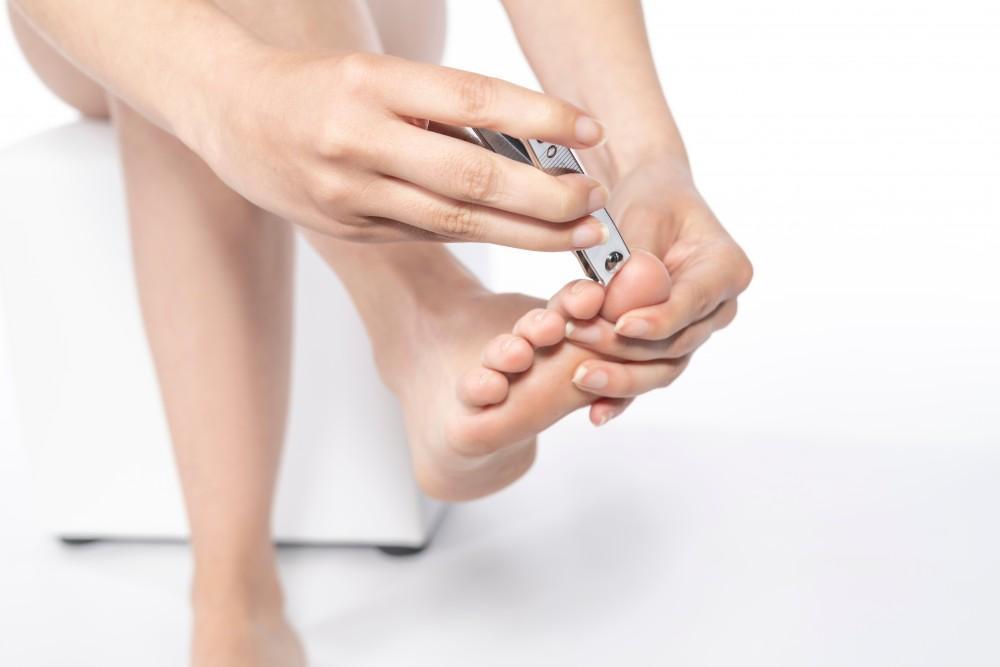
The Importance of Having a Podiatrist on Your Diabetes Care Team

Diabetes affects more than 30 million people in the United States. It’s a dangerous disease that, if not managed correctly, can cause a host of debilitating and deadly complications. Foot infections are a common diabetes complication. In fact, diabetic-related foot complications account for more than 50% of foot amputations in the U.S.
The podiatrists at Family Foot and Ankle Center of South Jersey in Cherry Hill, New Jersey, want you to understand why foot complications during diabetes make it important for you to include a knowledgeable podiatrist on your diabetes care team.
How diabetes can cause foot complications
The hallmark for diabetes is too much sugar in your bloodstream. Left untreated, these high blood sugar levels can damage nerves, tissues, and vital organs. This damage can cause nerve damage and poor circulation in your feet and legs.
Nerve damage and poor circulation can then create these leg and foot problems:
Peripheral vascular disease
High glucose levels can reduce the blood flow to your legs and feet, causing peripheral vascular disease. Reduced blood flow prolongs wound healing, which can lead to infection and gangrene. When you have gangrene, your tissue dies.
Diabetic neuropathy
Diabetic neuropathy is nerve damage caused by diabetes that can result in pain, weakness, numbness, and tingling in your feet. Neuropathy can decrease your awareness of cuts or bruises, which can become infected. Half of diabetics experience some nerve damage.
Calluses and corns
Calluses and corns result from the buildup of skin in places on your feet that continually rub against your shoes. In diabetics, calluses and corns can turn into something more serious if not treated properly.
Diabetic foot ulcers
Foot ulcers are sores that typically appear on the ball of your foot or bottom of your big toe. Foot ulcers are caused by your feet rubbing against your shoes. Ulcers can lead to infections, which can cause serious foot complications.
How to avoid diabetes-related foot complications
Diabetics should guard against foot problems. Here’s how:
- Check your feet nightly for sores, cuts, and wounds
- Wash your feet daily with a gentle cleanser
- Moisturize your feet daily
- Visit a podiatrist annually and at the first sign of a foot problem
At a diabetic foot care visit, our podiatrists test your nerve function and check for sores, wounds, or infections. If we discover any problems, we will begin treatment during your visit and give you proper medication and foot care instructions.
To add an expert podiatrist to your diabetes care team, schedule an appointment at Family Foot and Ankle Center of South Jersey by calling our office or sending us an email today.
You Might Also Enjoy...


5 Ways to Keep Your Bunion Pain to a Minimum

Gout: What Is It and How Can I Get Rid of It?

Complications of an Untreated Ankle Sprain

Suspect You’ve Broken Toe? How To Tell and What to Do


